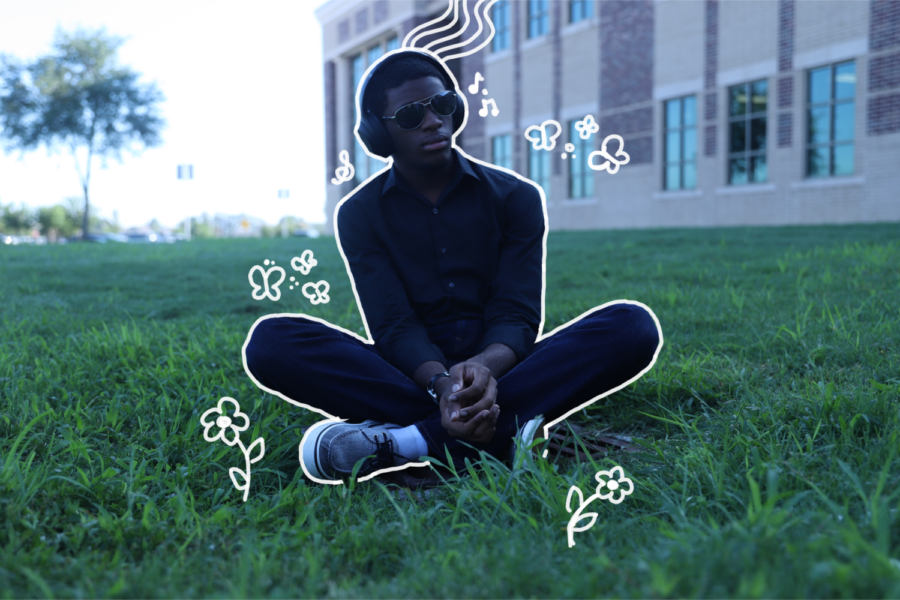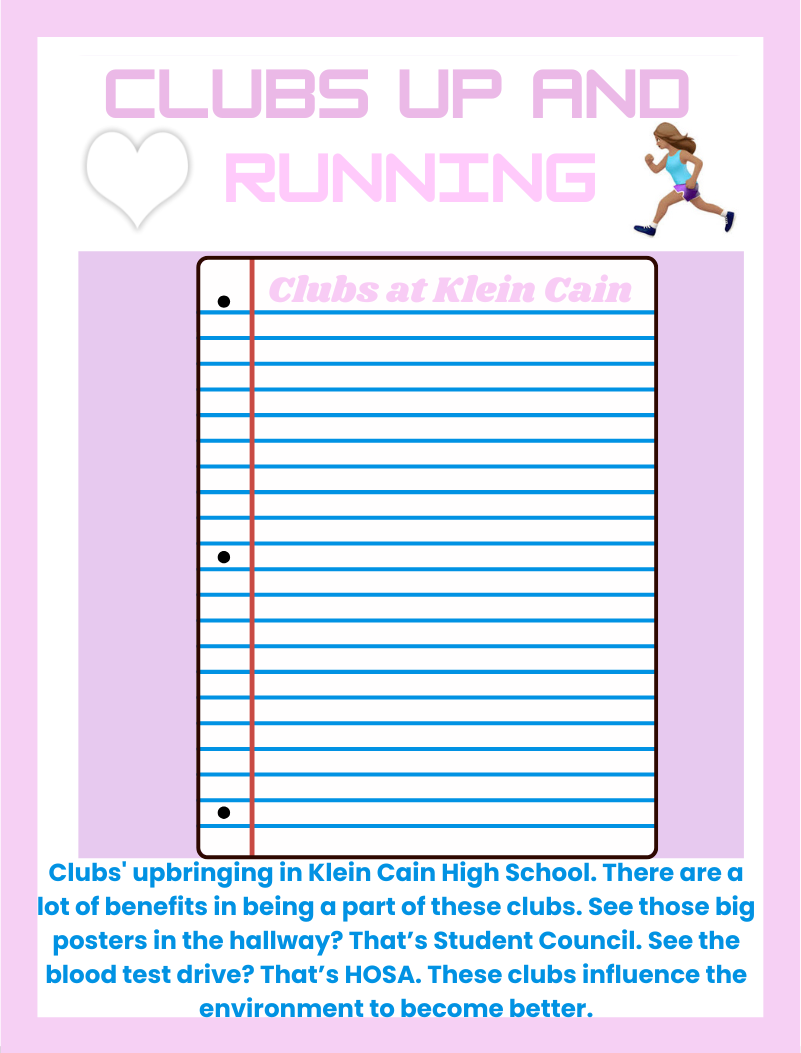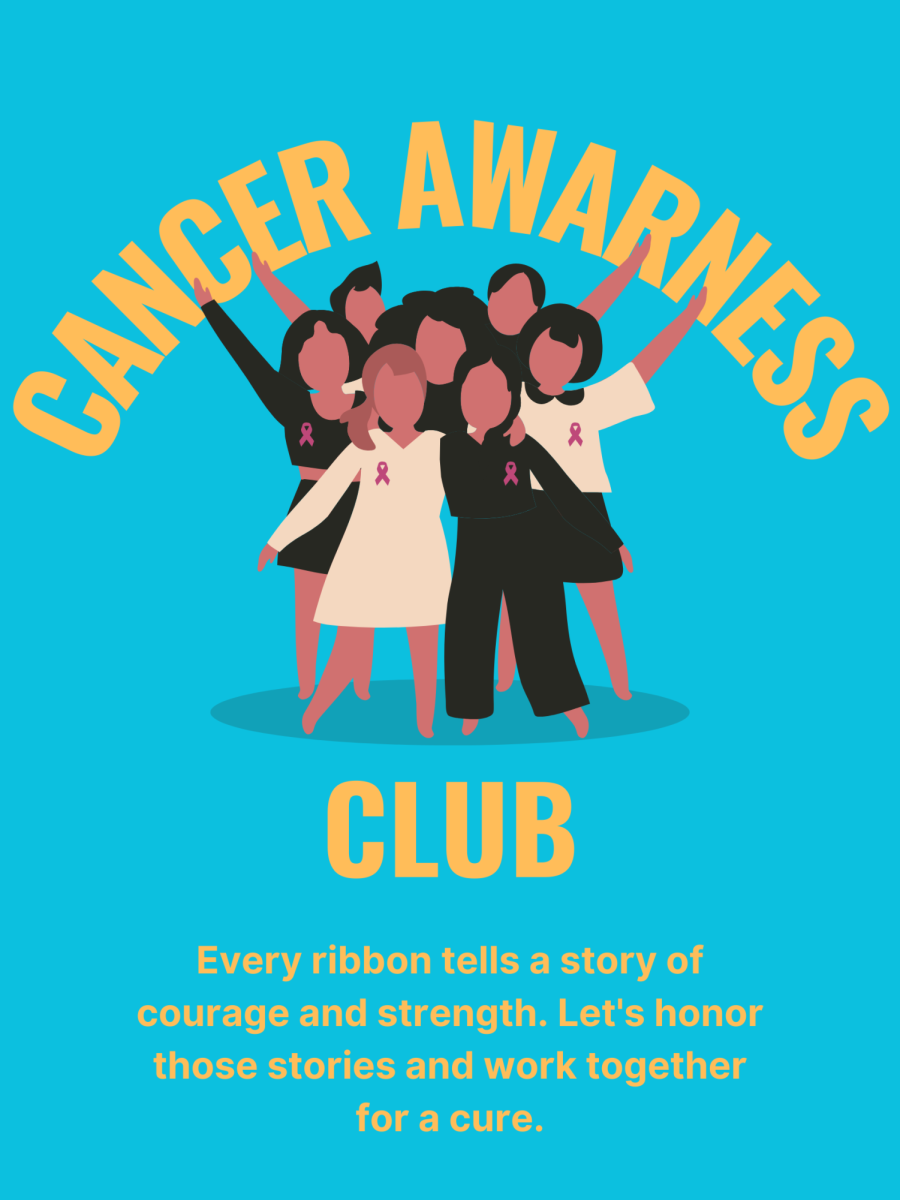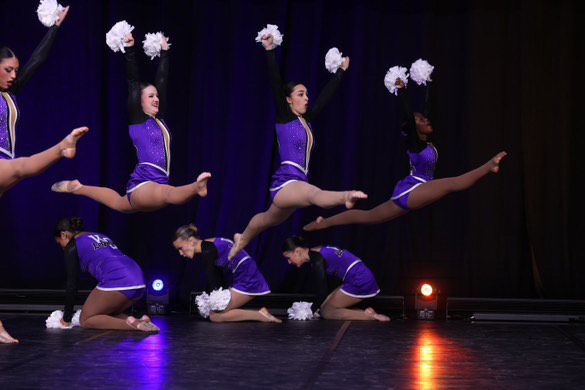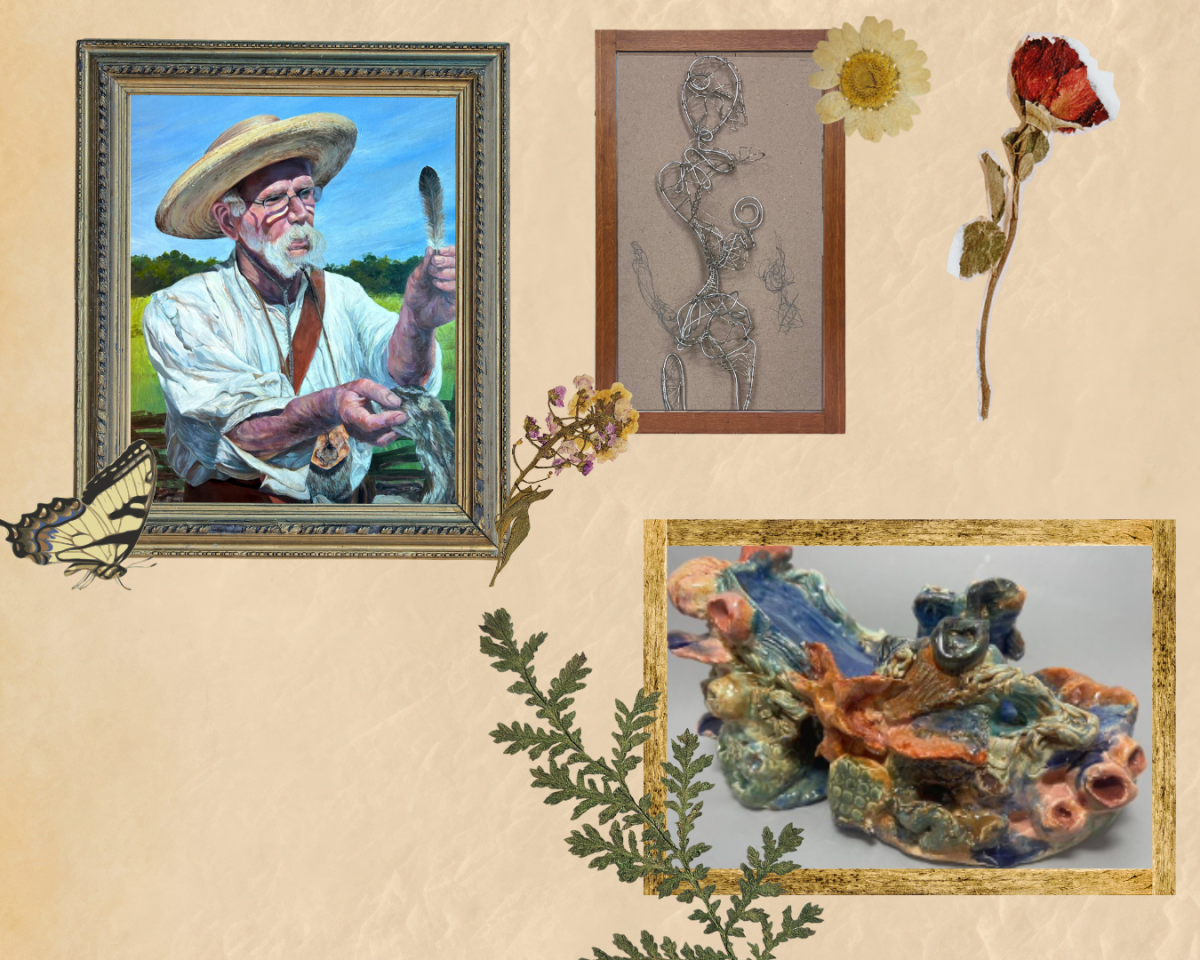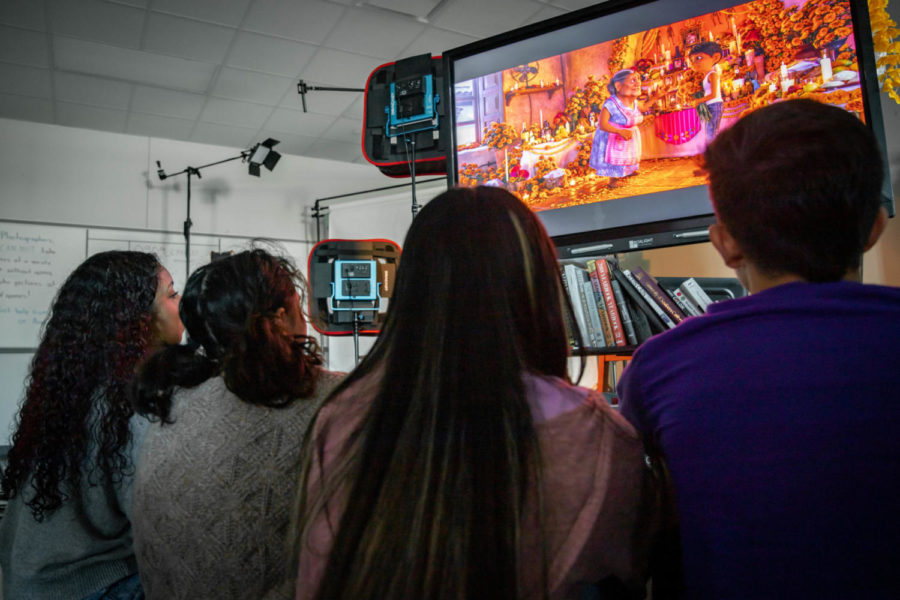Music and self-expression are a staple of the high school experience; according to this website, everyone’s taste sucks. Whether your playlists are defined by modern pop or industrial rock, the music analytic system The Pudding will inevitably slaughter your self-image based on any song you’ve ever heard.

“Depressingly accurate, and I blame my mom,” says Xamora Sanchez.
According to Pudding’s results, Xamora’s taste is best described as,
“60-dollar-white-t-shirt-too-much-alternative bad,”
despite mainstream artists being slurried into her varied melodic consumption. By circumscribing the major nuances of her Spotify history, Pudding deemed Xamora’s repetition of songs, “Pour-Over-Coffee-Bad.”
Did you think that was audacious? It gets much worse. Vindicating Pudding from the label of rudimentary music aptitude, its creators made a category rating your level of basicness via percentage. Rated a whopping 31% basic, Jeremiah Patterson’s Spotify analysis was “Stuck in the 1990s.” With artists spanning from Mariah Carey to Olivia Rodrigo.
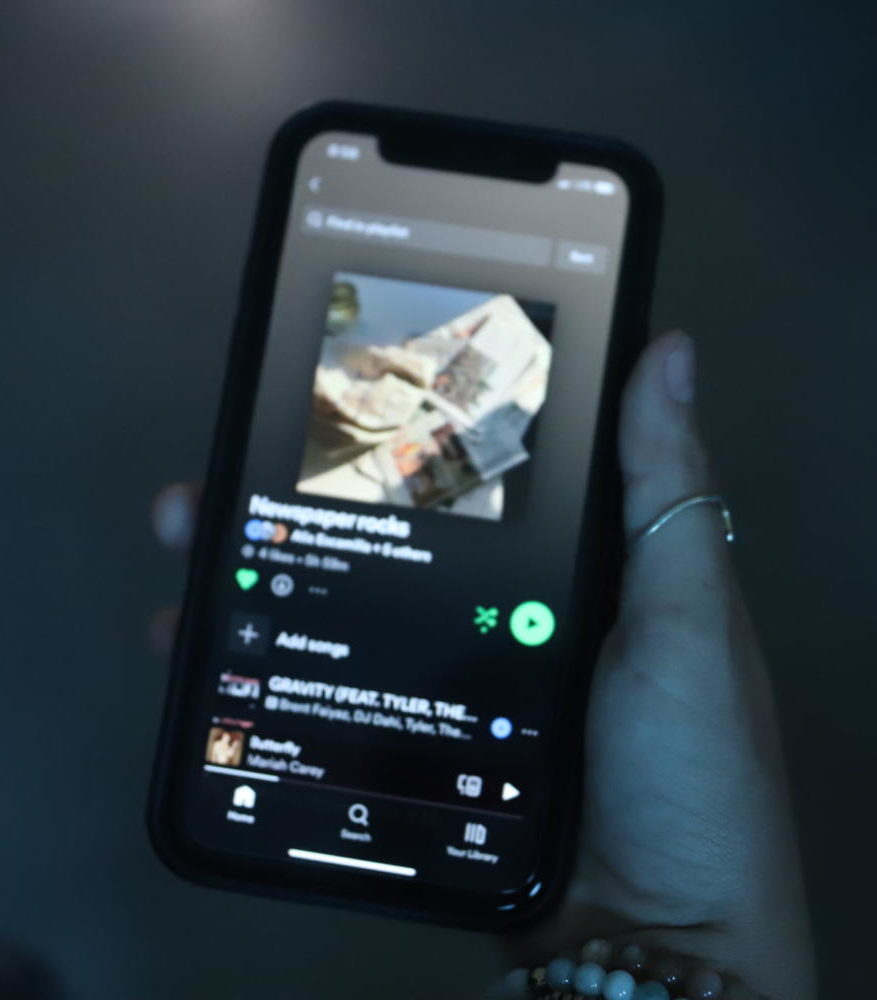
God, it is brutal out here.
Paradoxically, Pudding will scrutinize you based on the lower extremity of the spectrum. I received a score of 3% basic, yet was equally bashed by the AI software.
After being bashed by the software, these results did make me think: were these analytics really accurate?
With further speculation, a rather important piece of evidence was uprooted.
“This is a satirical project and does not use real artificial intelligence, but a faux pretentious music-loving AI,” says news outlet Pudding.
So, under the guise of legitimacy, were takers of this test utterly bamboozled?
“I have my own taste, it might not be the computer’s taste, but it’s mine,” says junior Harley Ford
Which, in grand summation, could well define how humanity views art in its entirety. With such an expansive artistic medium as music, there is no objective good or bad. The subjectivity of personal enjoyment, and cultural individuality, is what makes music so personable to anyone. With millions of songs in a nearly infinite range, there is something for anyone. The proof isn’t in this music analysis but rather in your enjoyment of something so imperative to what defines you.


